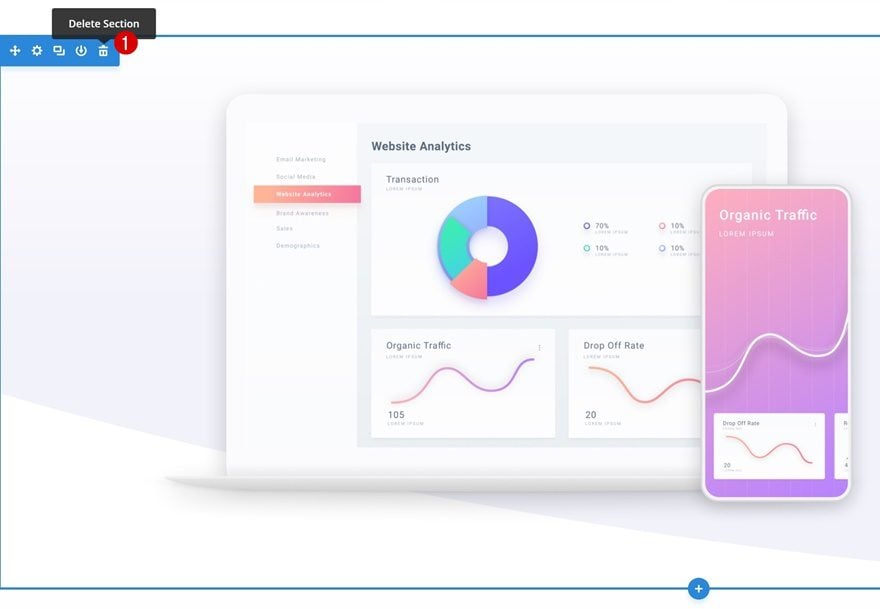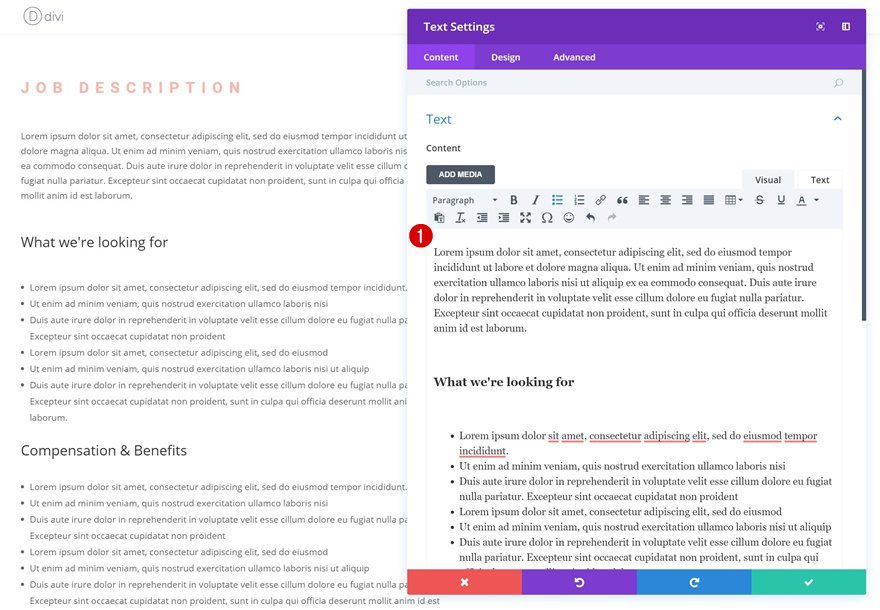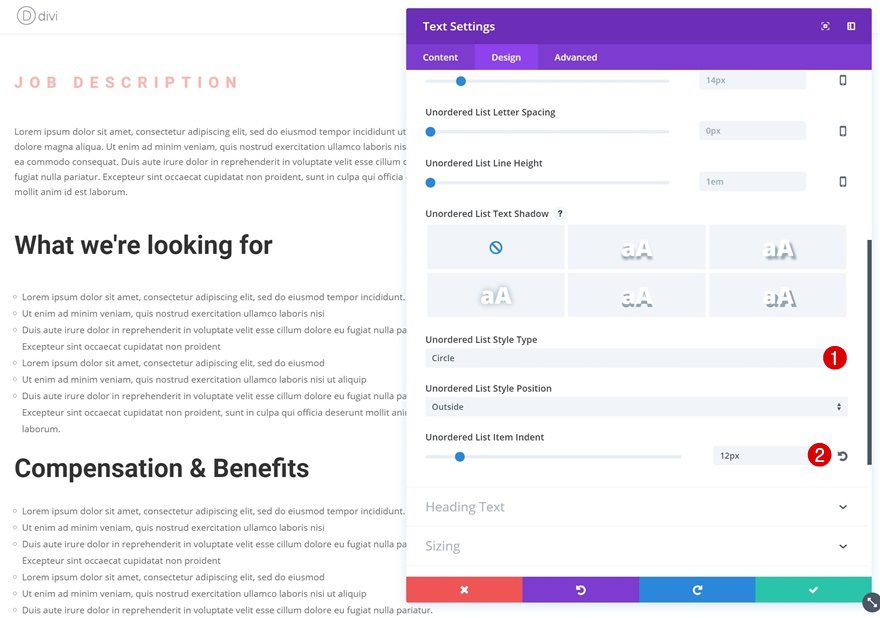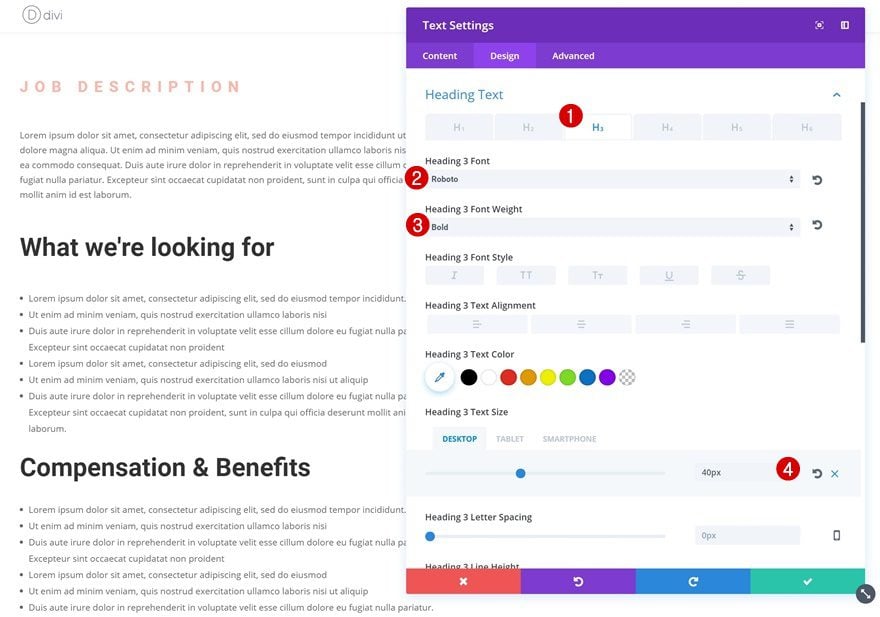
Biotech crops in the last 22 years have brought enormous benefits to the environment, health of humans and animals, and contributions to the improvement of socio economic conditions of farmers and the general public, according to a new report issued today by the International Service for the Acquisition of Agri-biotech Applications (ISAAA).
The ISAAA report shows the global biotech crop area increased in 2017 by 3 percent or 4.7 million hectares or 11.6 million acres; Global economic gains contributed by biotech crops in the last 21 years (1996-2016) have amounted to US $186.1 billion economic benefits to more than 16 to 17 million farmers, 95 percent of whom come from developing countries.
As more developing countries, now 19 in total including India, Pakistan, Brazil, Bolivia, Sudan, Mexico, Colombia, Vietnam, Honduras, and Bangladesh have increased their biotech crop area and continue to allow farmers to adopt biotechnology in food production, smallholder farmers see the direct improvements this offers, allowing them to provide better lives for themselves and their families.
Developing countries now account for 53 percent of the global biotech area planted.
The ISAAA report was released in conjunction with a similar study by PG Economics, Ltd. Both studies highlight and quantify the continued social, environmental and economic benefits of the global adoption of biotechnology in agriculture.
From 1996-2016, PG Economics reported biotech crops provided $186.1 billion in economic gains to some 17 million farmers, many of whom are female, smallholder farmers solely responsible for the livelihood of their families and communities.
“Global food insecurity is a huge problem in developing countries, with around 108 million people in food crisis-affected countries still at risk or experiencing food insecurity,” said Graham Brookes, Director of PG Economics and co-author of the socio-economic and environmental impact paper. “We have seen for more than 20 years now how crop biotechnology adoption in developing countries has contributed to higher yields, more secure production, and increased incomes greatly contributing to decreasing poverty, hunger and malnutrition in some regions of the globe most prone to these challenges.”
The PG Economics study also shows great strides have already been made to reduce the footprint of agriculture and in mitigating and adapting to climate change. The latest study highlights how biotech use in agriculture continues to contribute to reducing greenhouse gas emissions.
Highlights from the PG Economics report include:
- In 2016, the GM crop-related carbon dioxide emission savings from reduced fuel use and additional soil carbon sequestration were equal to the removal of 16.75 million cars from the roads.
- Advances in biotech crops allow farmers to use insecticides and herbicides more strategically, reducing the environmental impact associated with their use by 18.4 percent on GM crop areas since 1996.
- In 2016, the direct global farm income benefit from GM crops was $18.2 billion, equal to an average increase in income of $102/hectare. Since 1996, farm incomes have increased by $186.1 billion.
- Biotechnology remains a strong investment for farmers. In terms of farmer investment, for each dollar invested in biotech crop seeds, farmers gained an average $3.49.
Additional highlights from ISAAA’s 2017 report include:
- In 2017, 67 countries used biotech crops.
– This includes 24 countries in total that grew biotech crops, including 19 developing and five industrial countries;
– and an additional 43 non-planting countries that formally regulate the importation and use of biotech crops for food, feed and processing
- Top five countries (USA, Brazil, Argentina, Canada and India) planted 91.3 percent of the global biotech crop area of 189.8 million hectares or 469 million acres.
- Biotech crops increased ~112-fold from 1996, the fastest adopted crop technology in the world; accumulated biotech area at 2.3 billion hectares or 5.7 billion acres.
The complementary studies – PG Economics’ “GM Crops: Global Socio-Economic and Environmental Impacts 1996-2016” and ISAAA’s “Global Status of Commercialized Biotech/GM Crops: 2017” – examine the continued widespread adoption of global crop biotechnology, and the significant positive socio-economic and environmental impacts of this adoption by farmers and communities around the globe.
The associated two papers in the peer review journal GM Crops and Food are available, with open access, at: www.tandfonline.com/doi/full/10.1080/21645698.2018.1464866 and www.tandfonline.com/doi/full/10.1080/21645698.2018.1476792







 Dr. Sang Yup Lee will be recognized as the 11th winner of the Carver Award during a plenary session at the 2018 BIO World Congress in Philadelphia on Wednesday, July 18. A pioneer in his own right, Dr. Lee is a leader in the establishment of systems metabolic engineering technology to develop microbial bioprocesses for the sustainable and environment-friendly production of chemicals, fuels and materials from non-food renewable biomass. Through his work, Dr. Lee has gained countless recognitions including being one of only 13 people in the world elected as a foreign member of both the National Academy of Sciences USA and the National Academy of Engineering USA.
Dr. Sang Yup Lee will be recognized as the 11th winner of the Carver Award during a plenary session at the 2018 BIO World Congress in Philadelphia on Wednesday, July 18. A pioneer in his own right, Dr. Lee is a leader in the establishment of systems metabolic engineering technology to develop microbial bioprocesses for the sustainable and environment-friendly production of chemicals, fuels and materials from non-food renewable biomass. Through his work, Dr. Lee has gained countless recognitions including being one of only 13 people in the world elected as a foreign member of both the National Academy of Sciences USA and the National Academy of Engineering USA. Krysta Harden currently leads Corteva Agriscience’s public policy and government affairs efforts, in addition to its sustainability, philanthropy, product stewardship and global regulatory activities. Both in her current role and in her former position as deputy secretary of the U.S. Department of Agriculture (USDA), Ms. Harden has been a tireless advocate for bringing new technology and innovation to industrial biotechnology and agriculture, as well as a passionate leader in encouraging women to seek careers in these burgeoning sectors. During her time at USDA, Ms. Harden helped shape food and agriculture policy and founded the agency’s Women in Agriculture Mentoring Program, which supports and engages women across all areas of agriculture and fosters professional partnerships between women with shared goals.
Krysta Harden currently leads Corteva Agriscience’s public policy and government affairs efforts, in addition to its sustainability, philanthropy, product stewardship and global regulatory activities. Both in her current role and in her former position as deputy secretary of the U.S. Department of Agriculture (USDA), Ms. Harden has been a tireless advocate for bringing new technology and innovation to industrial biotechnology and agriculture, as well as a passionate leader in encouraging women to seek careers in these burgeoning sectors. During her time at USDA, Ms. Harden helped shape food and agriculture policy and founded the agency’s Women in Agriculture Mentoring Program, which supports and engages women across all areas of agriculture and fosters professional partnerships between women with shared goals.






























